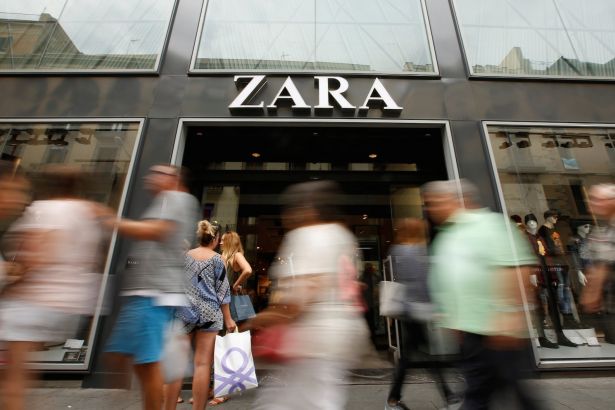Zara supplier aims to exploit cheap labour in Turkey's Kurdish southeast

In Turkey's mainly Kurdish southeast, a textile firm that supplies companies across Europe plans three new factories - a rare bet the government can deliver on a vow to regenerate the region.
The government announced a $2.8 billion investment scheme for the area in September, hoping to win over the population with the prospect of "economic revival" before a referendum later this month on expanding President Tayyip Erdoğan's powers.
The Iskur group, a supplier to fashion brands including Zara, Adidas and Nike, sees its $100 million investment as showing the way for other companies from western Turkey to take advantage of government incentives and lower wages in the east, Reuters reported.
Household disposable incomes are around half the national average of $4,500 in the southeast and official unemployment in some provinces is 28 percent, more than twice the national average, a figure some local business say is an underestimate.
The high unemployment rate in the region and the desire to benefit from the cheap labour force are on the agenda of the government and capitalists for a long time.
The capitalists, especially the Turkish Industry and Business Association (TÜSİAD), had strongly supported the failed "peace process" the AKP government had initiated with pro-Kurdish HDP party and armed PKK group. Communists had criticised the negotiations for being an illusionary campaign, emphasising that a process incorporated within regional imperialist projects would not bring any peace.
Syrian refugee children have been making clothes for European shoppers, an undercover BBC investigation had found in 2016. The investigation also found Syrian refugees working 12-hour days in a factory that was distressing jeans for Mango and Zara. The refugees were involved in spraying hazardous chemicals to bleach the jeans, but most of the workers did not even have a basic face mask.




